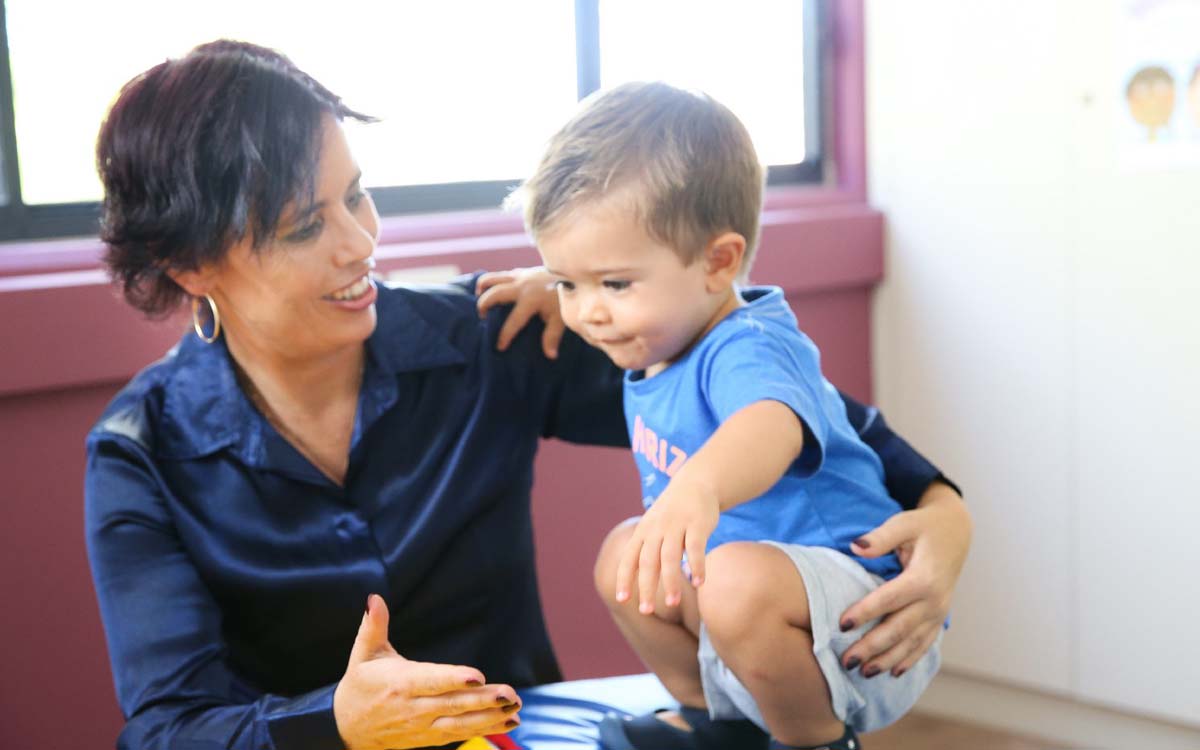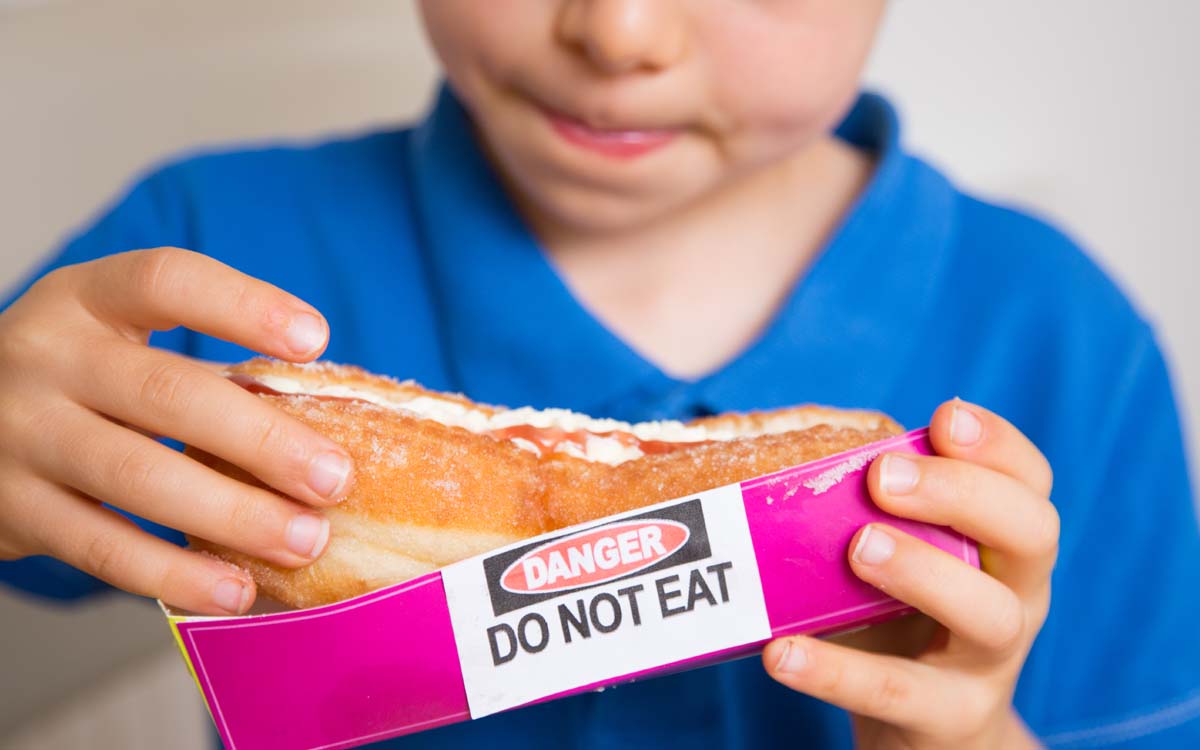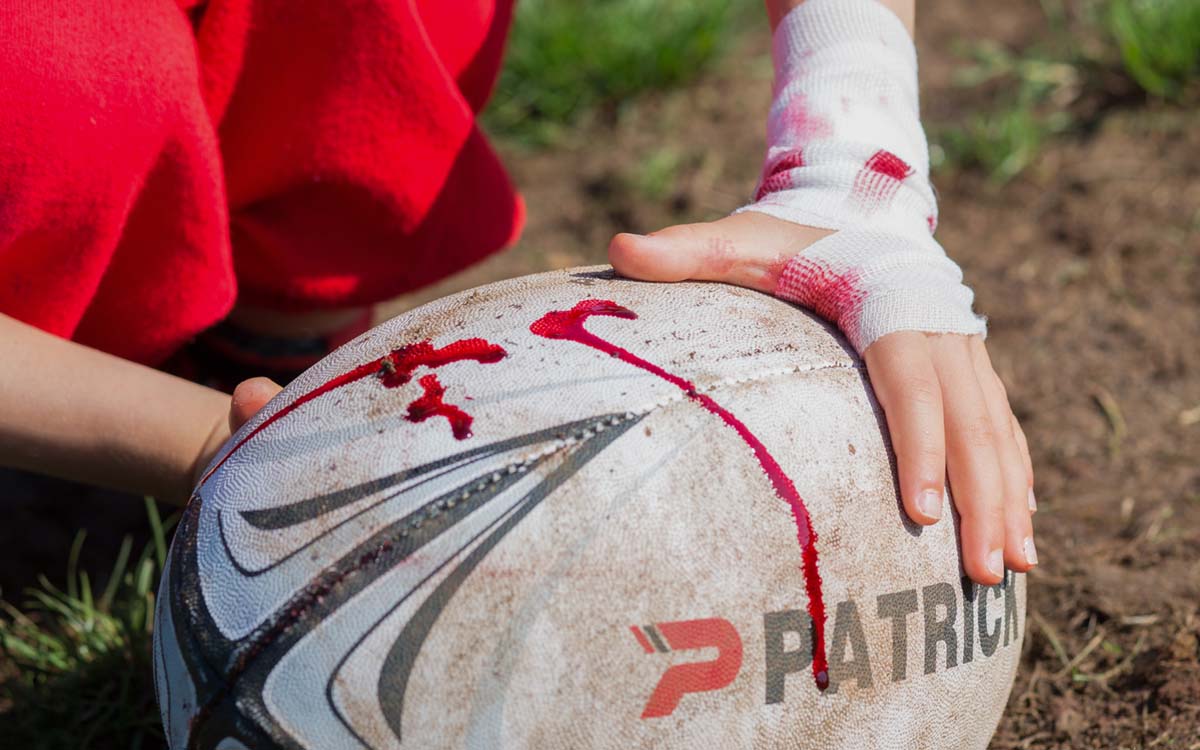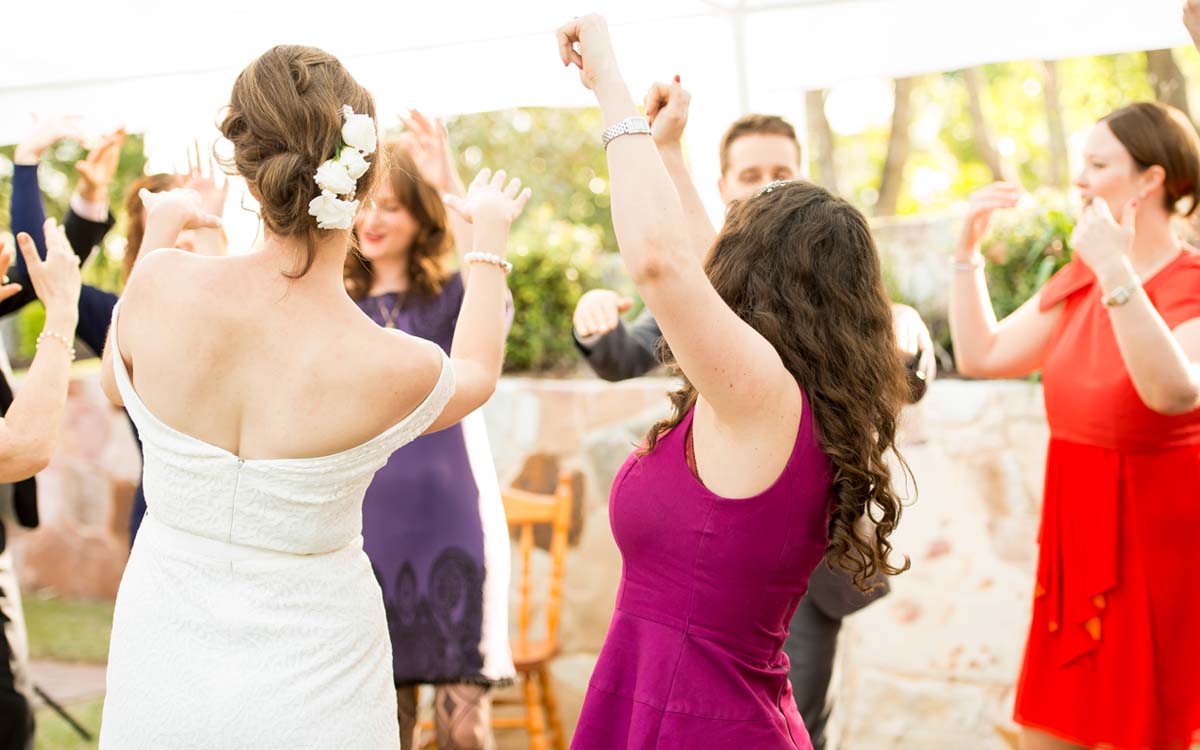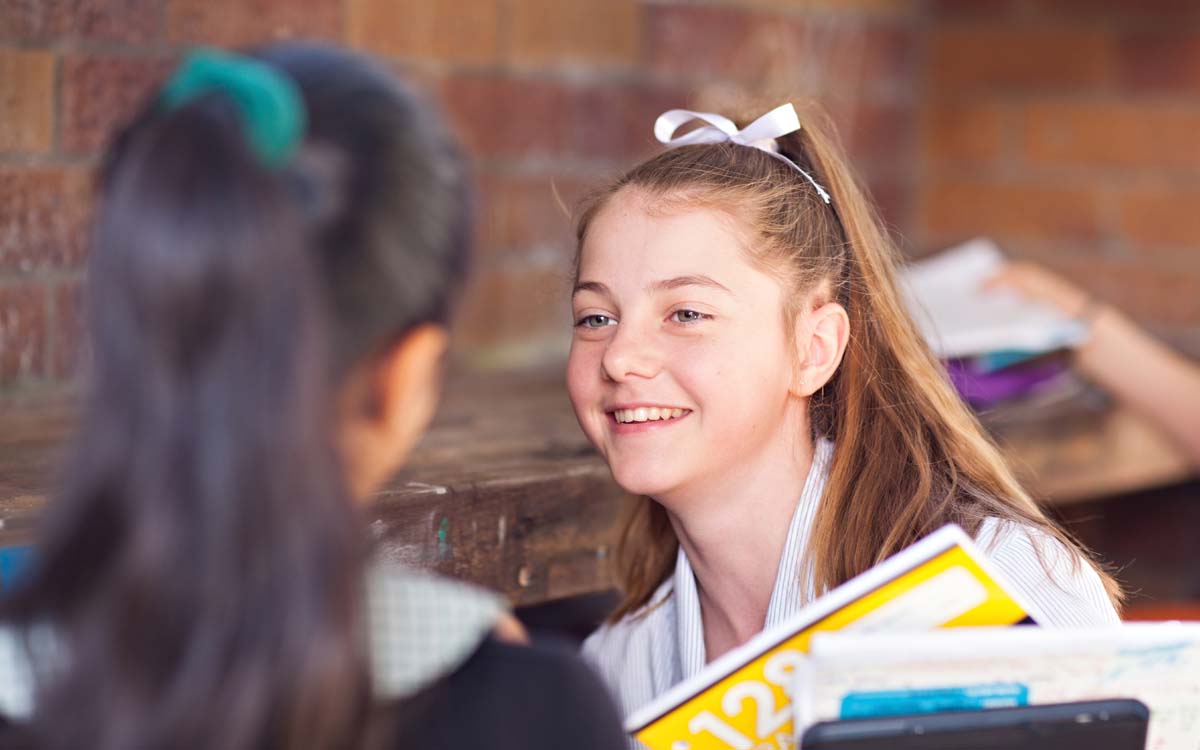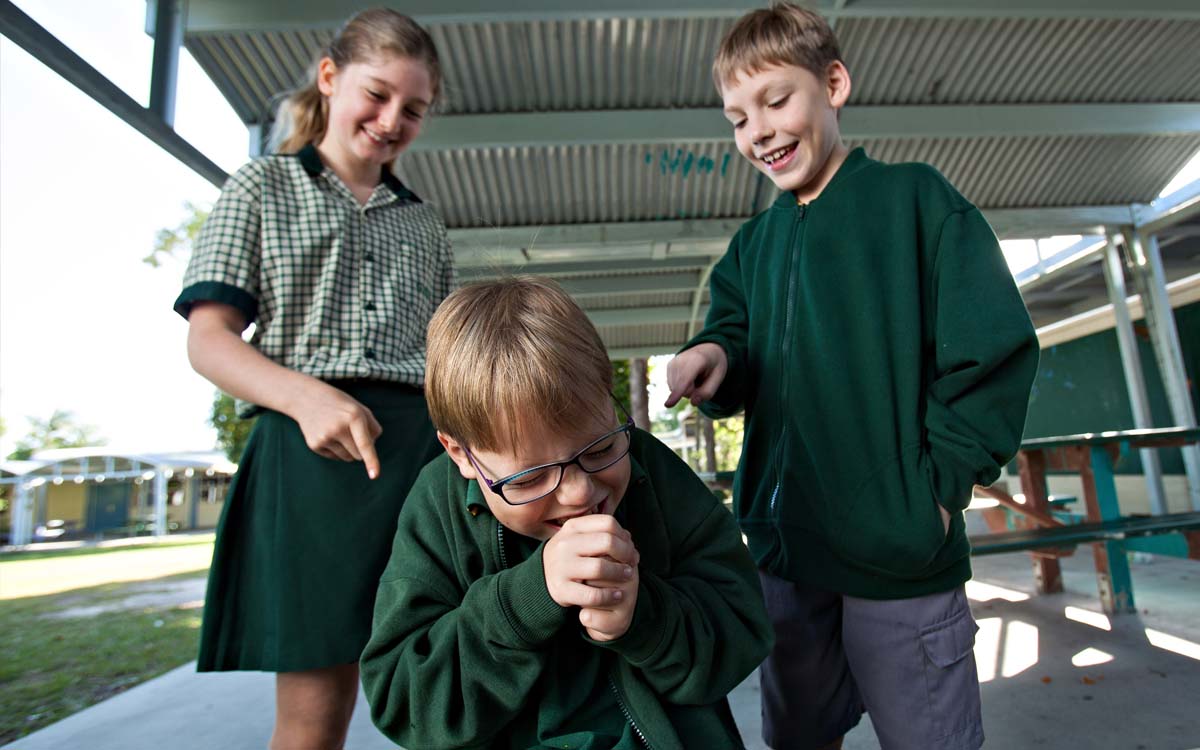Anxiety in children is often unrecognised and misunderstood, yet it is affecting many children to different levels of intensity.
Any child using any unwanted or non-preferred behaviour is experiencing symptoms of anxiety!
Anxiety is a word that we must learn to understand and certainly not ever judge. Anxiety is not limited to those who have panic attacks or other extreme anxiety-related behaviours. Rather, anxiety is experienced by most people on a daily basis to varying levels of intensity.
It is also important to note that all unwanted behaviour, which is simply any behaviour we would prefer not to be using, is preceded by anxiety first.
So let’s first understand what is anxiety.
Anxiety occurs when a person is presented with any aspect of life they perceive they do not have the required skills to respond to.
Life is happening to all of us, all day every day … including children. When there is any part of life that we perceive we don’t have the skills to respond to, then our anxiety levels will increase and our behaviours will deteriorate.
The fact is, we do not have the skills to know how to respond to all aspects of life. Our school curriculum may teach us to read, write, calculate numbers and master other school-based skills, however, there is much more to life than we are required to learn in an educational setting.
For example, many children struggle with what I call ‘perfectionism’ and when they don’t feel that they are able to do any aspect of life ‘perfectly’ according to their picture of perfectionism there is going to be guaranteed anxiety.
At Fabic, children have presented with anxiety around:
- Losing
- Not being first
- Dealing with corrections
- Being given feedback
- Conflict with peers, siblings, teachers, parents
- Misinterpreting messages they receive and thus receiving a different message
- Dealing with the illness or death of a pet, friend, family member or someone else
- Knowing how to deal with what they’ve seen on TV or heard adults discuss
- Responding to life when it doesn’t happen the way they expected it to
- Change of any sort
- Not meeting the pictures they created for themselves of how they should be or how life will be
There is an endless list of examples because life is happening all day every day. The simple fact is, sometimes children of all ages (and even adults) will perceive they are equipped to respond to life and other times they will not.
Society as a whole is not meeting our potential as we are not embracing our roles as ‘teachers and students of life’. We are not embracing the fact that there are many aspects of life that need to be taught and learnt and not simply expected that people know how to respond to.
This is a significant contributing factor to the ongoing deterioration of our population’s psychological well-being (e.g. increase in mental illness, crime, addictions, self-harming behaviours, depression, use of unwanted behaviours, anxiety etc.).
When we commit to learning to self-master life, the symptoms of anxiety will continually be reducing.
When we see any child using any unwanted or non-preferred behaviour including low-grade symptoms of anxiety, we simply need to ask:
- I wonder what aspect of life this child perceives they don’t yet have the skills to respond to?
- I wonder what skills can be taught to this child so they have the opportunity to self-master this aspect of life?
NEW SKILLS LEARNT & APPLIED
=
FEELING MORE EQUIPPED TO RESPOND TO LIFE
=
REDUCED SYMPTOMS OF ANXIETY
This article was originally published in the July 2015 Edition of Haven Magazine.
